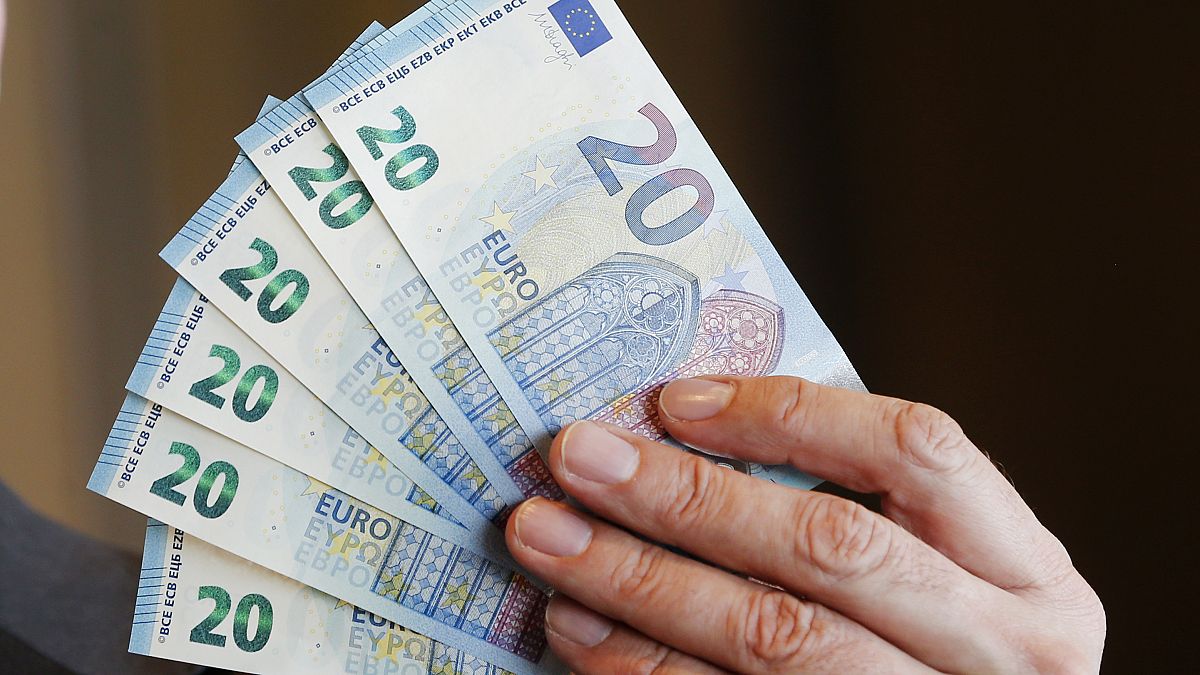The European Union’s newly appointed executive is causing a stir, with various countries vying for important positions. Economic portfolios such as trade, competition, and fiscal policy are highly coveted, with many nations hoping to secure key roles for their candidates. Notable individuals from Spain, Latvia, and Poland have been given significant responsibilities within the European Commission, while other hopefuls have been left disappointed. However, some appointees are facing scrutiny for their connections to tax havens or previous roles in the banking industry.
The distribution of roles within the European Commission has raised eyebrows, with certain countries hoping to secure influential positions but ending up with less prominent roles. For instance, Ireland and Austria sent former finance ministers to Brussels in the hopes of obtaining key portfolios, only to be assigned different areas of responsibility. Italy’s Raffaele Fitto, who was eyeing a senior economic post, was given a less prominent role focused on cohesion and reform initiatives, in addition to overseeing miscellaneous tasks such as the reunification of Cyprus and the New European Bauhaus project.
In a surprising move, Spain’s Teresa Ribera was appointed to oversee the EU’s competition policy, a role that comes with significant power to block state aid and mergers. Ribera will also have a key role in the EU’s green transition efforts, aligning competition policy with decarbonization goals. Von der Leyen has emphasized the need to revamp EU merger policy to support innovation and resilience, reflecting a broader shift towards sustainability and environmental consciousness. Ribera’s appointment signals a stronger focus on climate goals in conjunction with competition policy.
A major allocation of roles within the European Commission includes appointing Piotr Serafin of Poland to oversee the EU’s budget, a significant responsibility as the EU prepares to reevaluate its spending framework. Poland, a major beneficiary of EU funding, will play a key role in determining how resources are allocated post-2027, including potentially redirecting funds towards defense and supporting Ukraine. Maroš Šefčovič of Slovakia will be responsible for trade policy, engaging in complex negotiations with key trade partners and boosting economic security against harmful practices from countries such as China.
Latvian fiscal hawk Valdis Dombrovskis will oversee the EU’s economics department, monitoring deficits across member states and enforcing strict rules against overspending. However, certain appointments have sparked controversy, with former Dutch Finance Minister Wopke Hoekstra handling taxation despite past associations with tax havens. Financial services will be managed by Portugal’s Maria Luís Albuquerque, raising questions about potential conflicts of interest given her previous roles in the financial sector. Despite concerns, von der Leyen defends hiring individuals with business experience to ensure diverse perspectives in decision-making processes.











